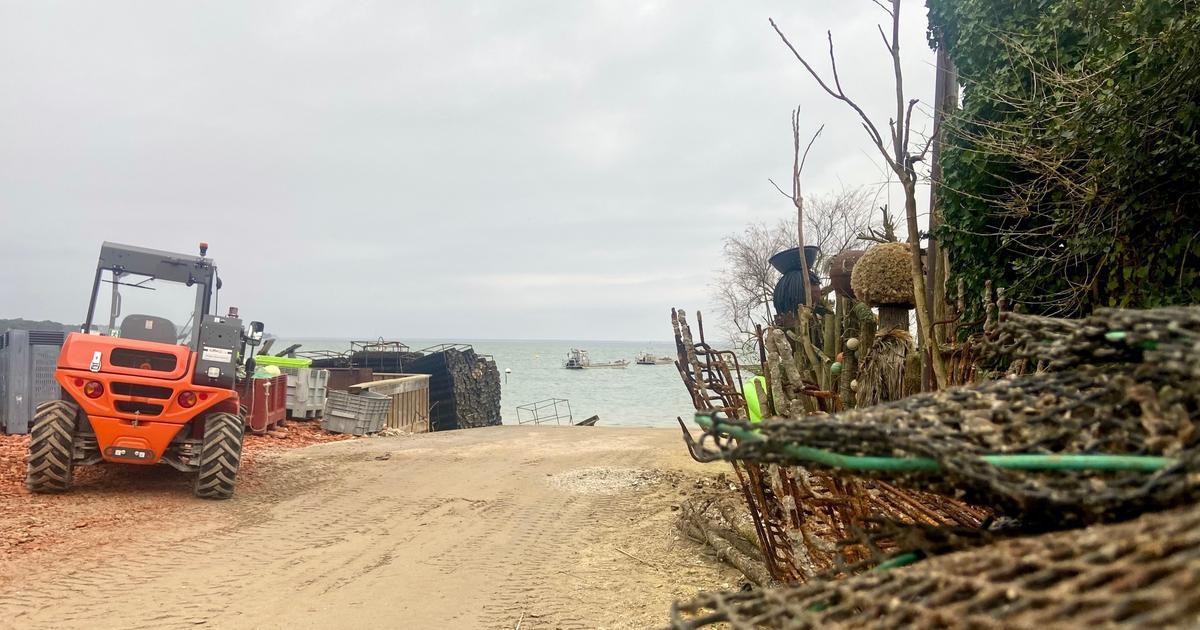Activists from Extinction Rebellion protest along the Gran Vía to demand that ecocide be recognized as an international crime in Madrid.Rodrigo Jiménez / EFE
On September 3, 2020, six young Portuguese from nine to twenty-one years of age sued most of the Council of Europe member states before the European Court of Human Rights. Supported by the Global Legal Action Network ("Facing injustice through international legal strategies" is their motto), they alleged as justification for the claim and in accordance with articles 2 and 8 of the European Convention on Human Rights the profound and damaging impact that climate change is having on both your personal and family life.
Fortunately, due to rampant climate change and the serious damage that certain multinational companies are causing, the concern of society has grown enormously in recent years. A good example, although not the only one, is that of the young Portuguese litigants. Various governments, international institutions, national and European parliaments, the Vatican and of course NGOs, have mobilized to achieve the recognition of ecocide as an international crime. Legally, the task is not easy, given that there is an international legal vacuum and until now the States have not agreed on a common legal definition.
However, progress is being made. Polly Higgins, the effective Scottish activist, unfortunately who died of cancer at the age of fifty in 2019, defined ecocide as “the widespread damage, destruction of or loss of the ecosystem of a given territory, due to human activity or others, until the point that the peaceful enjoyment of that territory by its inhabitants has been or will be severely affected ”. It is a generalized, severe and systematic damage to nature.
Illustrious figures and relevant institutions contributed decades ago to facilitating the climate that has made possible initiatives such as that of the young Portuguese. Without a doubt, the pioneer was the North American Arthur Galston (1920-2008), a botanical biologist. In 1943 he studied the use of triiodobenzoic acid (TIBA) to stimulate the flowering of soybeans, but noted that its use at high levels had a defoliant effect. Subsequently, the US turned TIBA into the so-called
Agent Orange
that devastated huge amounts of Vietnamese jungle. Galston denounced this deadly use at the Conference on War and National Responsibility, Washington, 1970, where he coined the term ecocide and proposed an international agreement to ban it. Two years later, at the United Nations Conference on the Human Environment, the Prime Minister of Sweden, Olof Palme (1927-1986), faced with the North American bombings with Agent Orange in Vietnam, demanded an agreement on the crime from the international community of ecocide, with these words: “The air we breathe is not the property of any nation. We share. The oceans are not divided by national borders. They are our common property. In the field of the human environment there is no individual future, neither for humans nor for nations. Our future is common. We have to share it.Together we have to configure it ”.
More information
A crime against the planet is born: ecocide
People and institutions that paved the way and that recently many others are helping to consolidate. Pope Francis is not exactly a minor walker, who in November 2019, in his speech at the International Congress of Criminal Law, advocated that ecocide be included in the list of international crimes. Also important are the allegations of the Republics of Vanuatu and Maldives, harassed by the alarming growth of the Pacific and Indian waters respectively, which, as members of the International Criminal Court (ICC) have addressed the Assembly of States Parties of the same requesting that ecocide be incorporated into the Rome Statute, the founding letter of the Tribunal. There are numerous examples.Let us cite by proximity the resolution approved (12-22-2020) by the Foreign Commission of the Spanish Congress requesting from the Government the inclusion of the crime of ecocide in Spanish legislation and support for the initiative of Vanuatu and Maldives to incorporate it into the Rome Statute .
Along the same lines, the report of the team of lawyers coordinated by Philippe Sands and Dior Fall Sow, with the sponsorship of the Stop Ecocide Foundation, has just been made public, duly presented in these pages by Guillermo Altares. Like other authoritative voices, they insist on the need for the ICC to take action on the matter. I think that is the way. The preamble to its founding charter speaks of the serious crimes that “constitute a threat to the peace, security and well-being of humanity” and without a doubt climate change is the greatest threat to the peace, security and human rights of who inhabit the planet.The international community - seamlessly supporting the ICC - must without delay take concrete and effective actions to confront the growing dangers and disproportionate damage suffered by countless communities in the world, especially the most vulnerable, including that of the six young Portuguese .
Emilio Menéndez
del Valle
is the ambassador of Spain.




/cloudfront-eu-central-1.images.arcpublishing.com/prisa/OD5MJV26FUPN7IUAUBUZCI5NQE.jpg)


/cloudfront-eu-central-1.images.arcpublishing.com/prisa/BCB6MJLFNJFHTOKKFRCSCPHTFQ.jpg)

